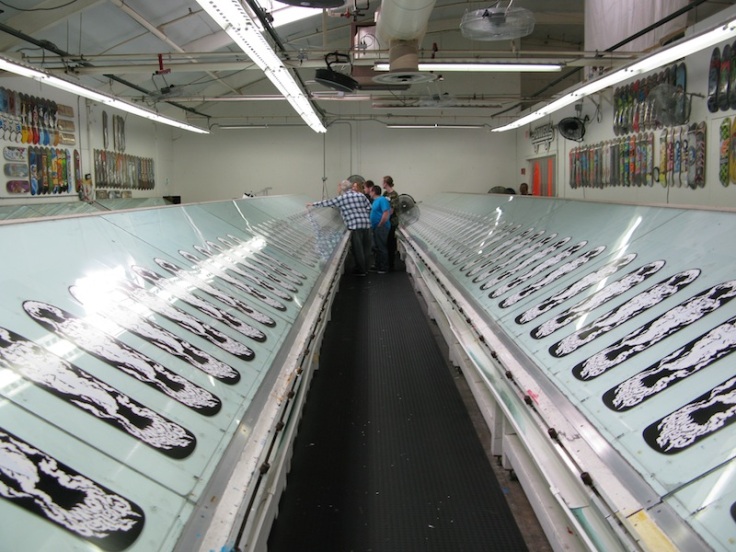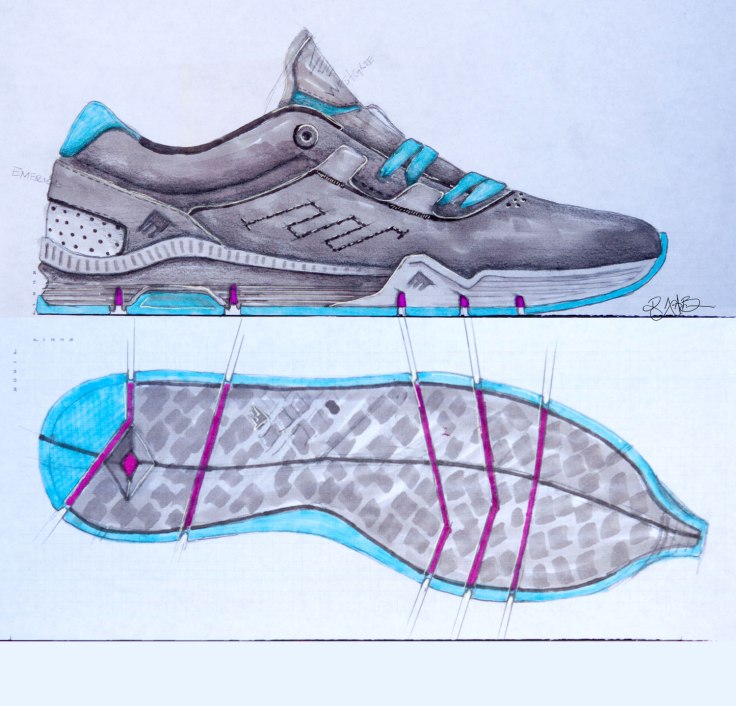You’ve always heard “do what you love,” and if you’re reading this article chances are you’re passionate about skateboarding. This article will explore the skateboard industry, and the options available for becoming a part of it. While these job possibilities are not exhaustive, we will cover the vast majority of the industry. If you’d like to work in skateboarding, these are the fields in the industry:
Skateboarding:
Professional skateboarders primarily make money through sponsorships, getting paid to represent a brand and increase revenuee. These brands can range from representing a local skateshop to Bagel Bites. Skateboarders can also make money by skateboarding in competitions. Most professionals ride for small private brands, those that you see in the media are a small minority.
Pro
Getting paid to skate
Cons
Typically low earning.
Taxing on the body
Many often work other jobs.

Videography/photography:
Skateboarding needs documenting. Filmers and photographers make their money by selling photographs or videos to magazines, brands, websites, or by getting commissioned work, like shooting advertisements. These photographers and videographers need to be both highly skilled in their trade, and have a high skateboarding IQ. Filmers will likely have to be able to skate themselves. Check out the new Zane Timpson “Sun Machine” part for filter credits.
Pros
Perfect if you love photography, or filming, and skating.
You don’t have to be a professional caliber skateboarder.
Cons
You need to be a high caliber photographer or filmer.
You’ll more than likely have to work for other commissioned work, too, perhaps weddings or sporting events.
Manufactured Goods:
Making and/or selling products. Boards, shoes, wheels… they all need designers, developers, production workers, marketers, people to oversee inventory, and any role that comes with the production of manufactured goods.
Pros
Wide range of options.
Open to a variety of skill sets.
Greater stability.
Cons
Industry is mostly centered in California, relocation may be necessary.
Many brands are closing down.

Entrepreneur:
Could have been included in making and selling, however starting your own skate brand is far more complicated. Small skate brands are popping up everywhere. If you’re entrepreneurial this could be a path for you, however starting your own business is no easy task and skateboarding is not terribly lucrative.
Pros
You can be as big or small as you want.
Be your own boss.
Build something.
Unlimited Potential.
Cons
High overhead expenses.
Slow to generate return on investment.
Requires exceptional networking.

Clothing/fashion:
Maybe you didn’t think of it at first, but it’s a huge driving force behind the skate industry. Not everyone skates, but everyone wears clothes.
Pros
Applicable to work outside of the skate industry, should you need it.
Most profitable sect of the industry, shoes are where the $$$ is.
Cons
You’ll likely need proven experience or a degree in fashion design or something similar.
Art:
You know the graphic on the bottom of your skateboard? Someone had to design it.
Boards, wheels, t-shirts, advertisements — artists have a role in designing graphics for a wide range of skate-related products.
Pros
Stability. Many artists work for a company, rather than being independent.
Cons
Competitive.
May need art school.


Skate Shops:
While opening a skate shop is more of an entrepreneurial pursuit, perhaps one of the most popular jobs in the skate industry is in skate retail. Skate shops need employees who know their products. Check out NYC’s Eugene Kang, whose Washington Heights apartment doubles as a skateshop. Video below.
Pros
Availability.
No Schooling needed.
Cons
Death of the brick and mortar shop.
Low pay
Skateparks:
Construction, management, maintenance — there are options on both the building and business ends of skateparks. Indoor skateparks for winter climates require employees to run the establishment, or if you’re good with wood or concrete perhaps construction is more your route.
Pros
Commissioned builds
Demand (especially in Winter)
Cons
Costly business
Licenses and permits
Land
Demand for new construction

Journalism:
Whether online blogs or established magazines, podcasts or YouTube channels — skateboard journalism is taking off. Anything that can be reported on and on any platform, it’s all taking off for skateboarding. Because skateboarding has a large fan base, there is demand for information about skateboarding, making it valuable. From Trasher to The Eighth Ply, check out all areas of skateboard journalism (no, I don’t make any money).
Pros
Sky is the limit. If you can attract an audience, there’s something to be gained.
The internet makes it easier than ever.
Cons
The internet makes it easier for everyone else, too.
The skateboard industry is simply the circulation of money around the pastime. The activity itself does not generate money However, if you’d like to mix business and pleasure, there are ways to pay the bills through the surrounding commerce of skateboarding.
Recent Comments